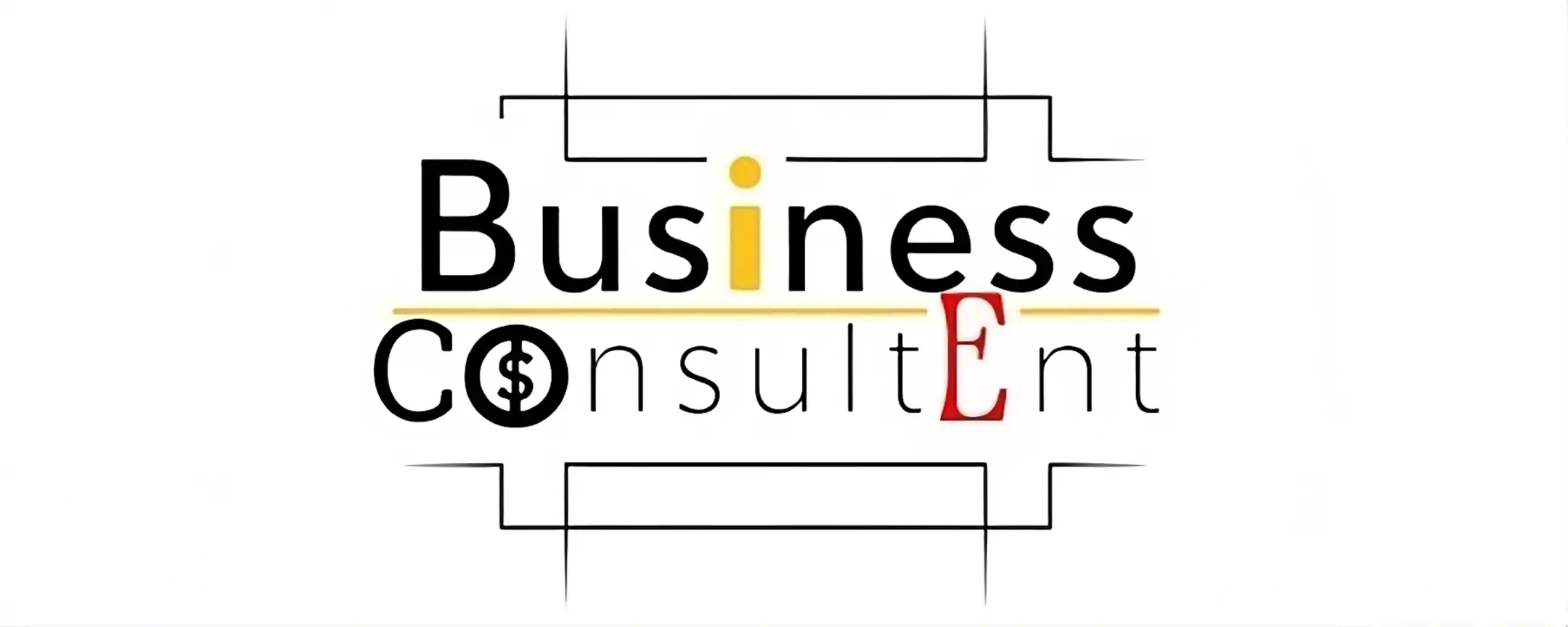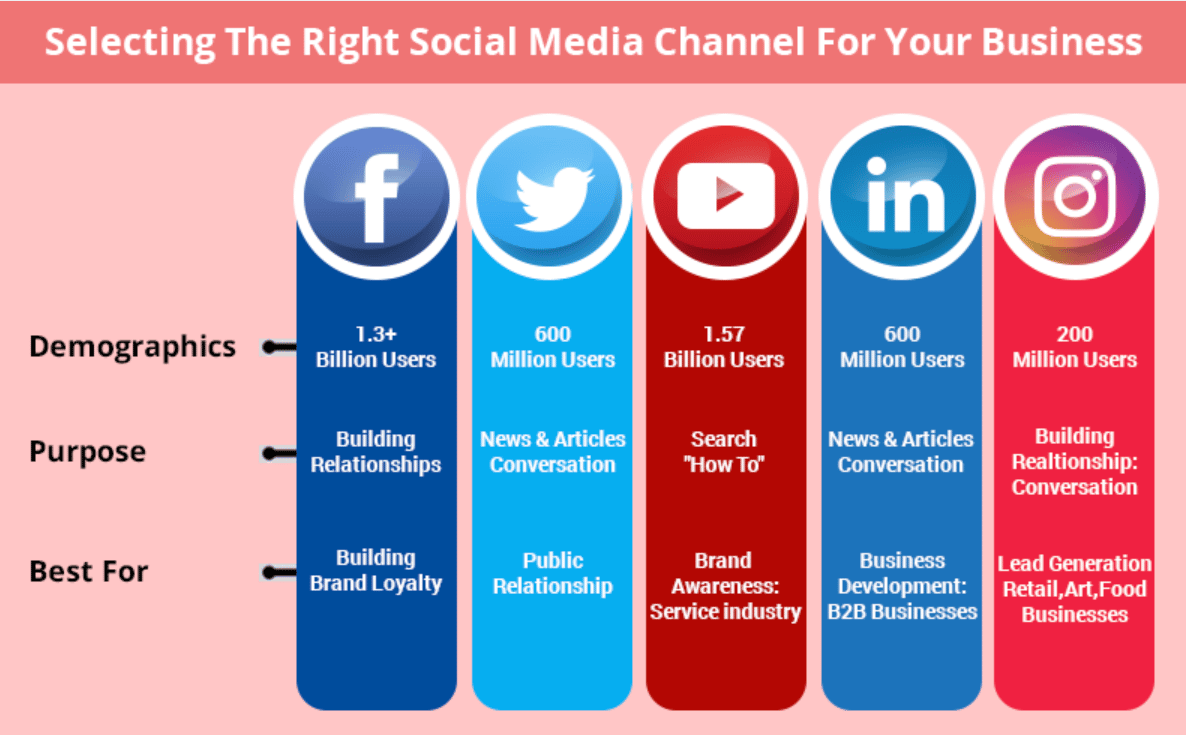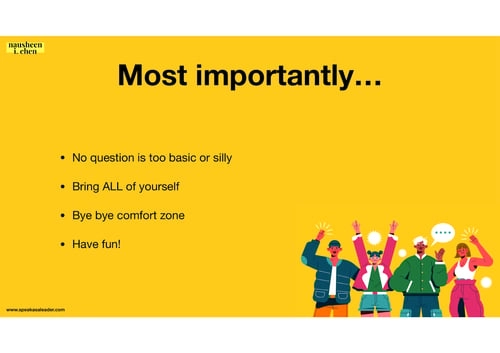Do you know how recruiters read resumes? Understanding this can help you create a strong resume. A resume that catches their eye can get you the job you want.

Recruiters Have Limited Time
Recruiters often have many resumes to read. They spend only a few seconds on each one. This means your resume needs to be clear and to the point.
First Impressions Matter
The first impression of your resume is crucial. If it looks messy, recruiters might skip it. A clean and organized resume is more likely to get noticed.
Use A Simple Layout
- Stick to a simple and clean layout.
- Avoid using too many fonts or colors.
- Use bullet points for easy reading.
Clear Sections And Headings
Divide your resume into clear sections. Use headings to show different parts. Common sections include:
- Contact Information
- Summary or Objective
- Work Experience
- Education
- Skills
Keywords are Important
Recruiters look for specific keywords. These keywords come from the job description. Make sure your resume has these keywords.
How To Find Keywords
Read the job description carefully. Look for important skills and requirements. Add these keywords to your resume.
Where To Use Keywords
Use keywords in your:
- Summary or Objective
- Work Experience
- Skills section
Highlight Your Achievements
Recruiters like to see what you have achieved. Show your success in past jobs. Use numbers to show your achievements.
Examples Of Achievements
Instead of saying “Managed a team,” say “Managed a team of 10 people.” Instead of “Increased sales,” say “Increased sales by 20%.”
Tailor Your Resume
Each job is different. Tailor your resume for each job you apply for. This makes your resume more relevant to the job.
How To Tailor Your Resume
- Read the job description carefully.
- Highlight the skills and experience they want.
- Adjust your resume to match.
Proofread Your Resume
Spelling and grammar mistakes can hurt your chances. Always proofread your resume. Ask someone else to check it too.
Tools For Proofreading
You can use tools like Grammarly to help. But it’s always good to have a person check it too.
Keep It Short
Recruiters don’t have time to read long resumes. Keep your resume to one or two pages. Focus on what is most important.
What To Include
Include only relevant information. Leave out old or unrelated jobs. Focus on recent and relevant experience.
Use Action Words
Action words make your resume more dynamic. Words like “led,” “managed,” “created,” and “developed” are good examples.
Examples Of Action Words
- Led a team of 5 people
- Managed a project from start to finish
- Created a new system for tracking sales
- Developed a training program for new employees
Be Honest
Always be honest in your resume. Don’t exaggerate your skills or experience. If you get caught, it can hurt your chances.
How To Be Honest
- Stick to the facts.
- Don’t claim skills you don’t have.
- Be truthful about your job titles and duties.
Use a Professional Email Address
Your email address should be professional. Avoid using nicknames or funny names. Your first and last name is a good choice.
Examples Of Professional Email Addresses
- john.doe@example.com
- jane.smith@example.com
Include Contact Information
Make sure your contact information is up to date. Include your phone number and email address. Some people also add their LinkedIn profile.
What To Include
- Full name
- Phone number
- Email address
- LinkedIn profile (optional)
Use a Professional Font
Your font should be easy to read. Stick to standard fonts like Arial, Times New Roman, or Calibri.
Font Size
Use a font size between 10 and 12 points. Headings can be a bit larger.
Save as PDF
Save your resume as a PDF. This keeps the format the same. PDFs are easier for recruiters to open and read.
How To Save As Pdf
Most word processors let you save as PDF. Look for the “Save as” or “Export” option.

Frequently Asked Questions
What Do Recruiters Look For In Resumes?
Recruiters prioritize relevant experience, skills, and achievements. They seek keywords matching job descriptions.
How Much Time Do Recruiters Spend On Resumes?
Recruiters spend an average of 7 seconds scanning each resume.
Do Recruiters Read Cover Letters?
Many recruiters value concise, tailored cover letters that highlight key qualifications and enthusiasm.
Are Keywords Important In Resumes?
Yes, keywords help resumes pass Applicant Tracking Systems (ATS) and grab recruiters’ attention.
What Format Do Recruiters Prefer?
Recruiters prefer clean, easy-to-read formats with clear headings and bullet points.
How Important Is Resume Length?
One-page resumes are ideal. Two pages are acceptable for extensive experience.
Do Recruiters Check Social Media Profiles?
Yes, recruiters often review LinkedIn profiles and other social media for additional insights.
Should Resumes Be Customized For Each Job?
Absolutely. Tailoring resumes to match job descriptions improves your chances of being noticed.
Bottom Line
Now you know how recruiters read resumes. Use these tips to improve your resume. A strong resume can help you get the job you want.
Related Content



